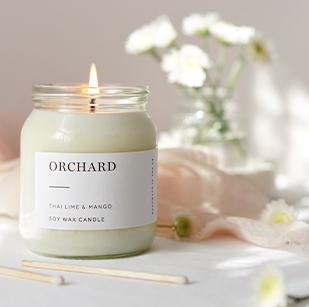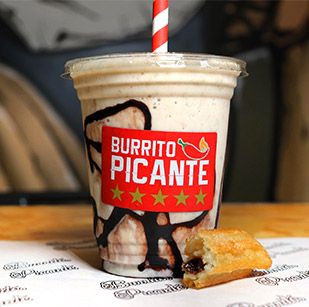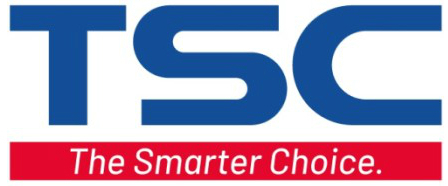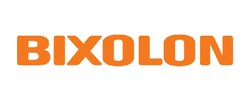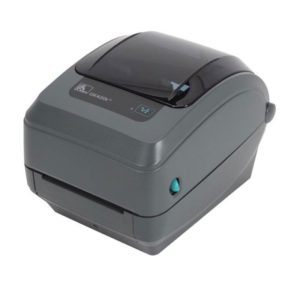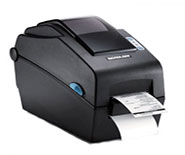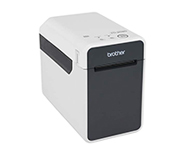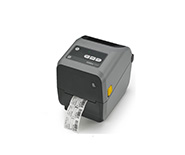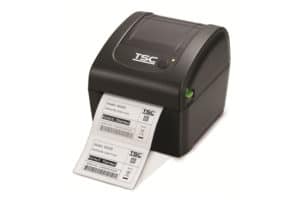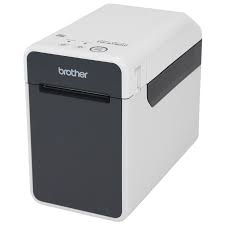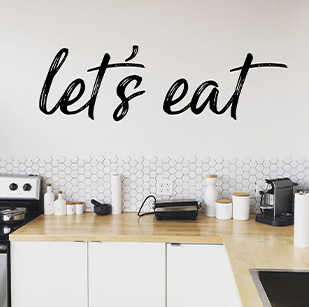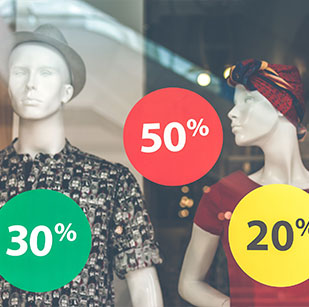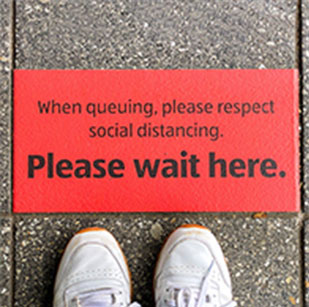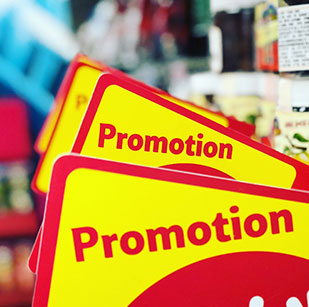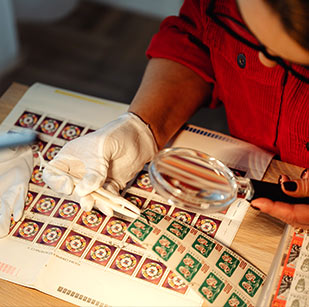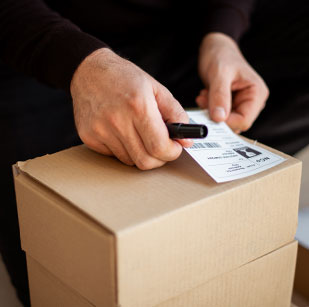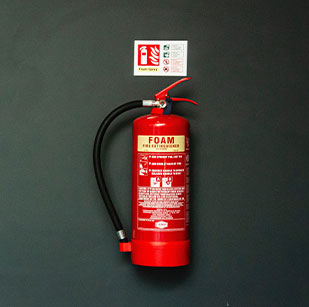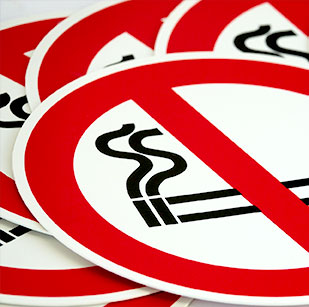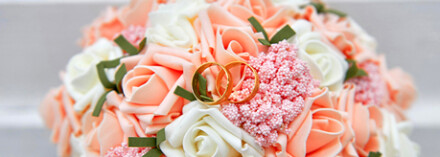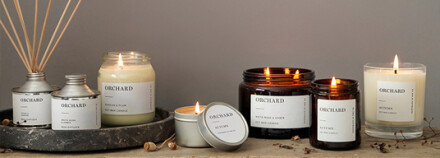We all have our favourite colours, but how often do we question our choices? Why do we like certain colours and what do they make us feel? In the world of marketing, these questions matter. No matter which industry you’re in, your choice of brand colours matters more than you think: it’s not just about the way they look, but the feelings and emotions they evoke.
Colour psychology is all about the effects that different hues have on our thoughts and emotions - and learning about it is crucial if you want to create impactful branding for your business. In this beginner’s guide, we’re going to run through the basics of colour psychology. We’ll cover the effects that different colours have on us, which shades work well together and why colour psychology matters, arming you with the information you need to begin crafting your new brand. Let’s get started.
Why Does Colour Psychology Matter?
To kick things off, let’s take a quick look at the importance of colour psychology - what’s the big deal? Well, alongside other creative choices - like your logo design, font choices and so on - colour can have a significant impact on how your brand is perceived.
Think for a moment about some of the world’s most iconic brands - names like McDonald’s, Coca Cola and Google. Their brand colours are so iconic, impactful and easily recognisable that, even if these companies changed their names to something completely different, you would still recognise them based on their brand colours. The colours you choose can become synonymous with your brand, building brand recognition and setting you apart from your competitors.
But there’s more to it than that. Your choice of colours can also affect people’s first impressions of your brand, potentially drawing them in (or putting them off). Let’s take McDonald’s as an example. Its red and yellow colours scream ‘fun’. They’re optimistic, they’re joyful and yet, somehow, comforting at the same time. These colours work perfectly for a fast food chain, but for a luxury fashion brand? Not really. Imagine Gucci adopting a similar colour scheme - nobody would take them seriously.
So, colour psychology is all about context. Before you read on, think about how you want your brand to be perceived. Are you aiming for luxury and sophistication? Calmness and tranquillity? Excitement and passion? Once you’ve made that decision, you can begin selecting colours that suit what you’re trying to achieve.
Which Colour Is Right For My Brand?
Now you know what you’re aiming for, which colours should you pick? Below is a list of popular hues, along with an overview of the effects they can have on our feelings and emotions.
- White is often favoured by brands wishing to convey simplicity, minimalism and purity. Universally applicable to both entry-level and high-end brands, white can signify perfection and cleanliness.
- Grey is a slightly more subdued choice, indicating that your brand is grown up and trustworthy. Grey branding can indicate that your company is serious and refined.
- Black has historical connotations of death and sadness, but there’s more to it than that. It can also be used to convey luxury and sophistication, and is seen as a powerful, timeless shade.
- Red isn’t just an attention-grabbing colour - it stands for love, passion and excitement. On the opposite end of the spectrum, it can also relate to anger and danger.
- Orange sits neatly between red and yellow, offering elements of both. Not only is it seen as more playful and youthful than red, but it’s also considered to be less aggressive.
- Yellow is the colour of the sun, so it’s no wonder this colour has come to symbolise optimism, happiness and positive energy. As an added bonus, yellow is an attention-grabbing colour, and can be used to indicate affordability.
- Green is seen as the colour of nature, giving it a calming, stable character. It’s also indicative of positivity and health, and is seen as an inspiring colour.
- Blue evokes a range of different feelings depending on the shade you choose. Darker blues are seen as more formal and mature, whereas lighter shades are considered to be indicative of peace, tranquillity and innocence.
- Purple is often associated with luxury brands and royalty, but is often used to inspire feelings of creativity. Softer, lighter purples are said to be more soothing and calming, however.
- Pink has traditionally been symbolic of femininity and romance, but can also indicate youth, innocence and sensitivity.
Get Started Today With Flexi Labels
Got a vision for your business branding but not sure where to start? The team at Flexi Labels is here to help. Our in-house design team, array of products and decades of combined experience working with businesses across the UK means we can work closely with you to develop your brand.
Whether you’re looking for advice on complementary colours or how to best label your products, our friendly team will be on hand to assist. From plain white labels to coloured sticker dots, fluorescent stickers and our premium range of coloured textured or metallic labels, we can do it all. We offer a wide range of specialised finishes too, along with digital printing services, allowing us to create truly stand-out labels that catch the eye and set your brand apart from the competition.
To discover more about us and how we could help your business, check out our customer spotlight page or get in touch with us today.


